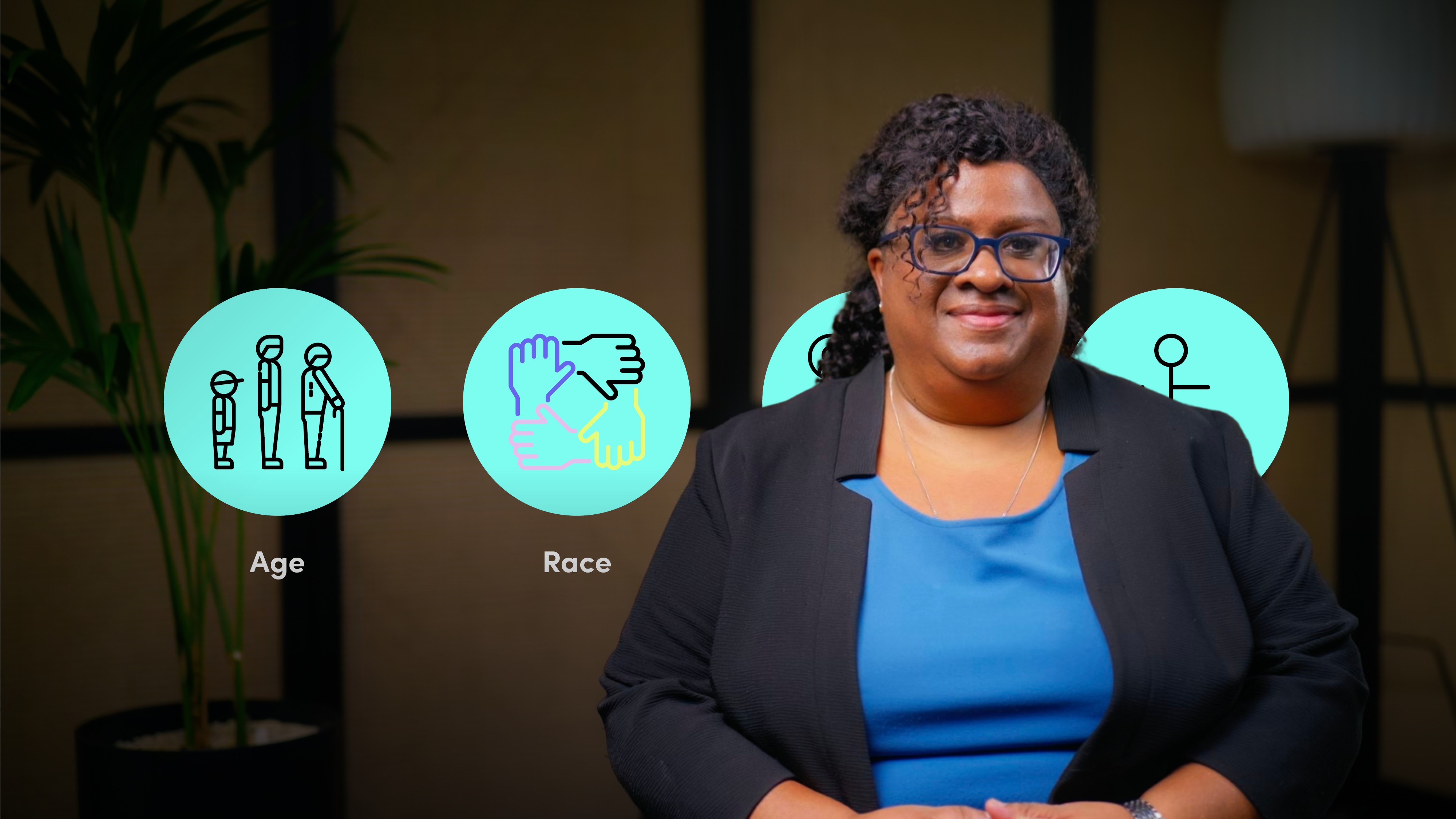
A Sustainable Approach to DEIB

Ann Palmer
In this video, Ann explores the dangers that can threaten the success of DEIB efforts and the essential components of a sustainability model that helps organisations overcome those obstacles. She outlines how leadership commitment, clear action plans, data-driven strategies, inclusive policies, and employee involvement all work together to build a resilient DEIB culture. She also highlights the importance of long-term thinking and continuous learning, with examples that show how organisations can embed DEIB into their everyday practices and business goals for lasting impact.
In this video, Ann explores the dangers that can threaten the success of DEIB efforts and the essential components of a sustainability model that helps organisations overcome those obstacles. She outlines how leadership commitment, clear action plans, data-driven strategies, inclusive policies, and employee involvement all work together to build a resilient DEIB culture. She also highlights the importance of long-term thinking and continuous learning, with examples that show how organisations can embed DEIB into their everyday practices and business goals for lasting impact.
Subscribe to watch
Access this and all of the content on our platform by signing up for a 7-day free trial.

A Sustainable Approach to DEIB
15 mins 33 secs
Key learning objectives:
Understand the potential obstacles and dangers to sustaining DEIB (Diversity, Equity, Inclusion, and Belonging) models within organisations
Outline the essential components of a sustainable DEIB model
Understand why a sustainable model for DEIB is important for long-term organisational success
Overview:
Subscribe to watch
Access this and all of the content on our platform by signing up for a 7-day free trial.
Subscribe to watch
Access this and all of the content on our platform by signing up for a 7-day free trial.

Ann Palmer
There are no available Videos from "Ann Palmer"





























